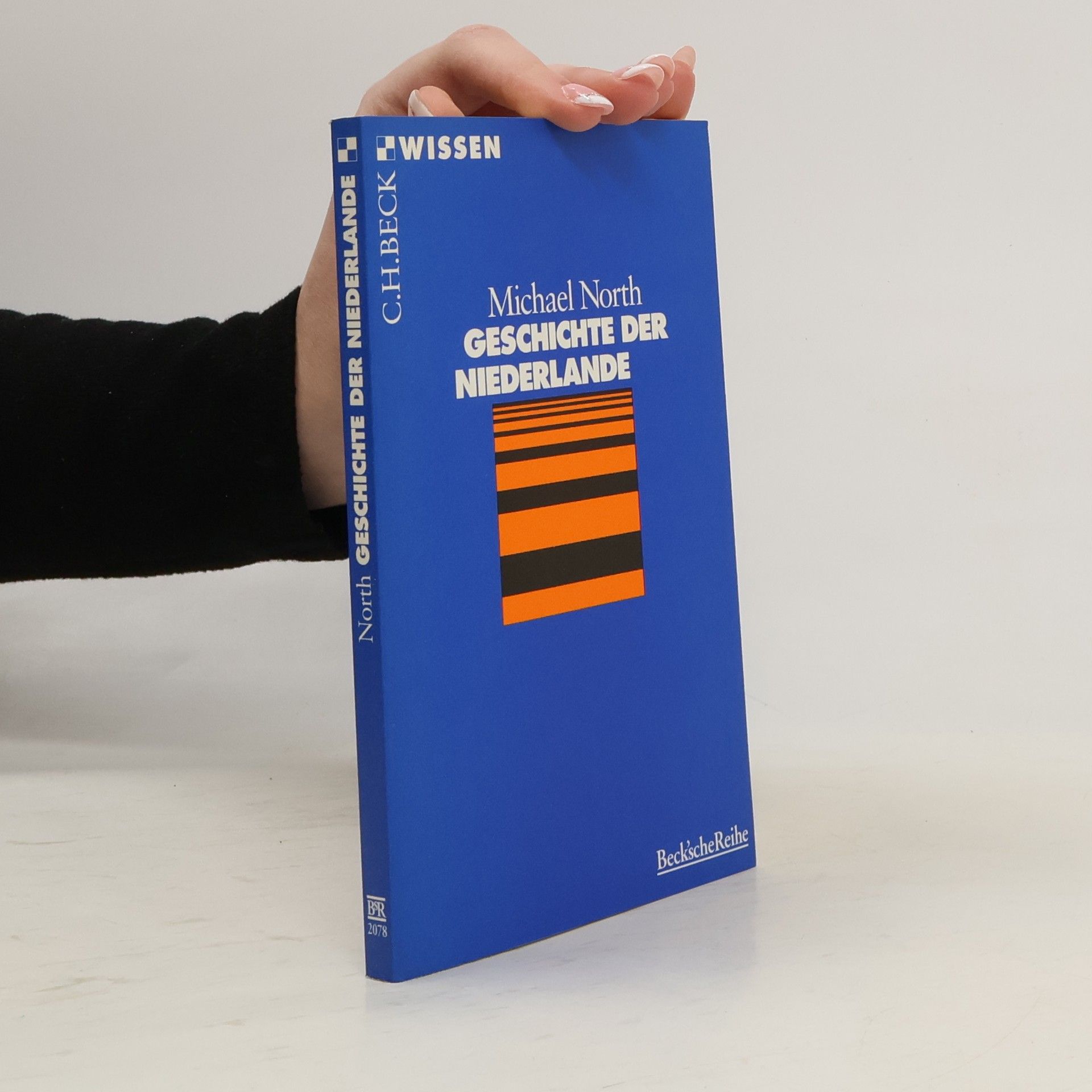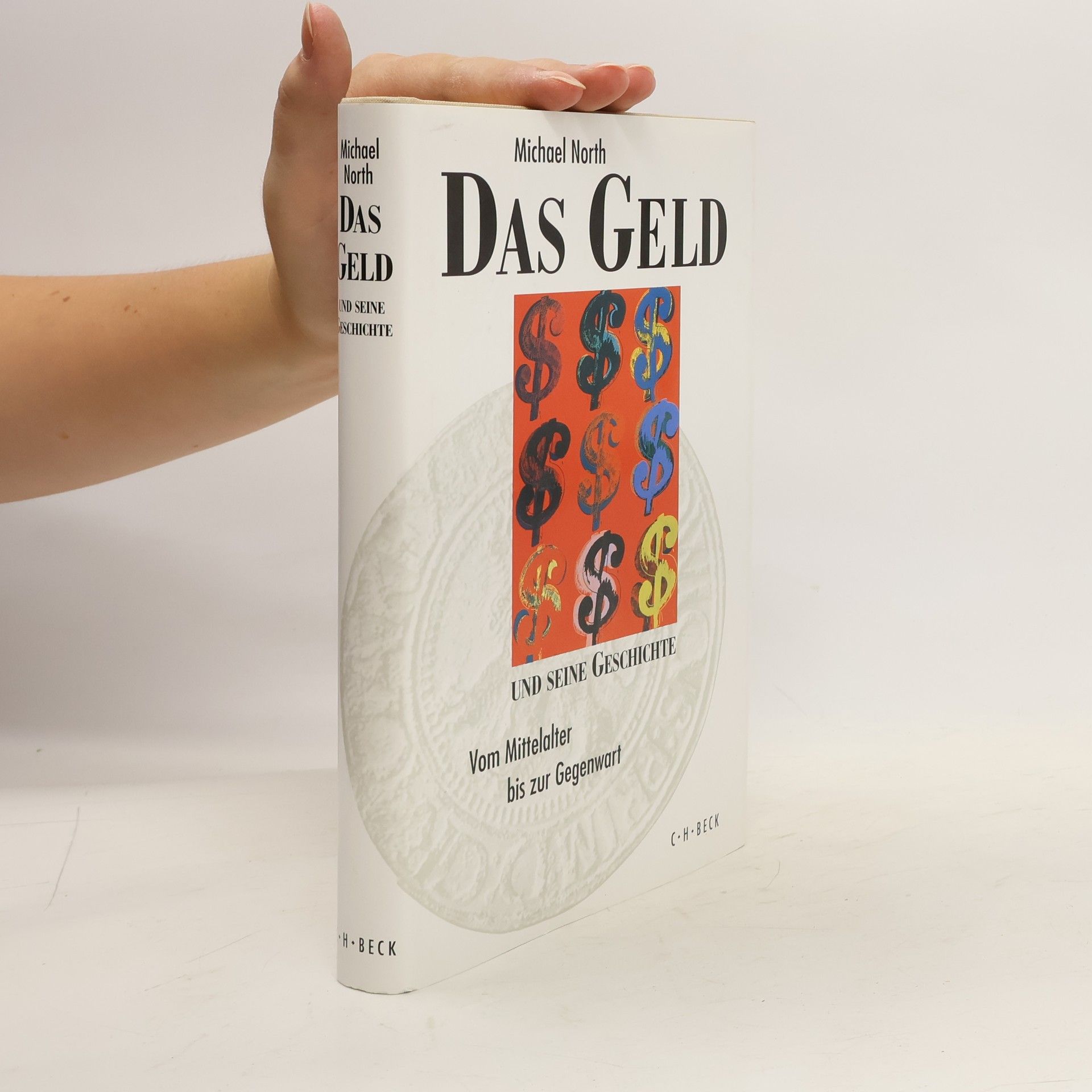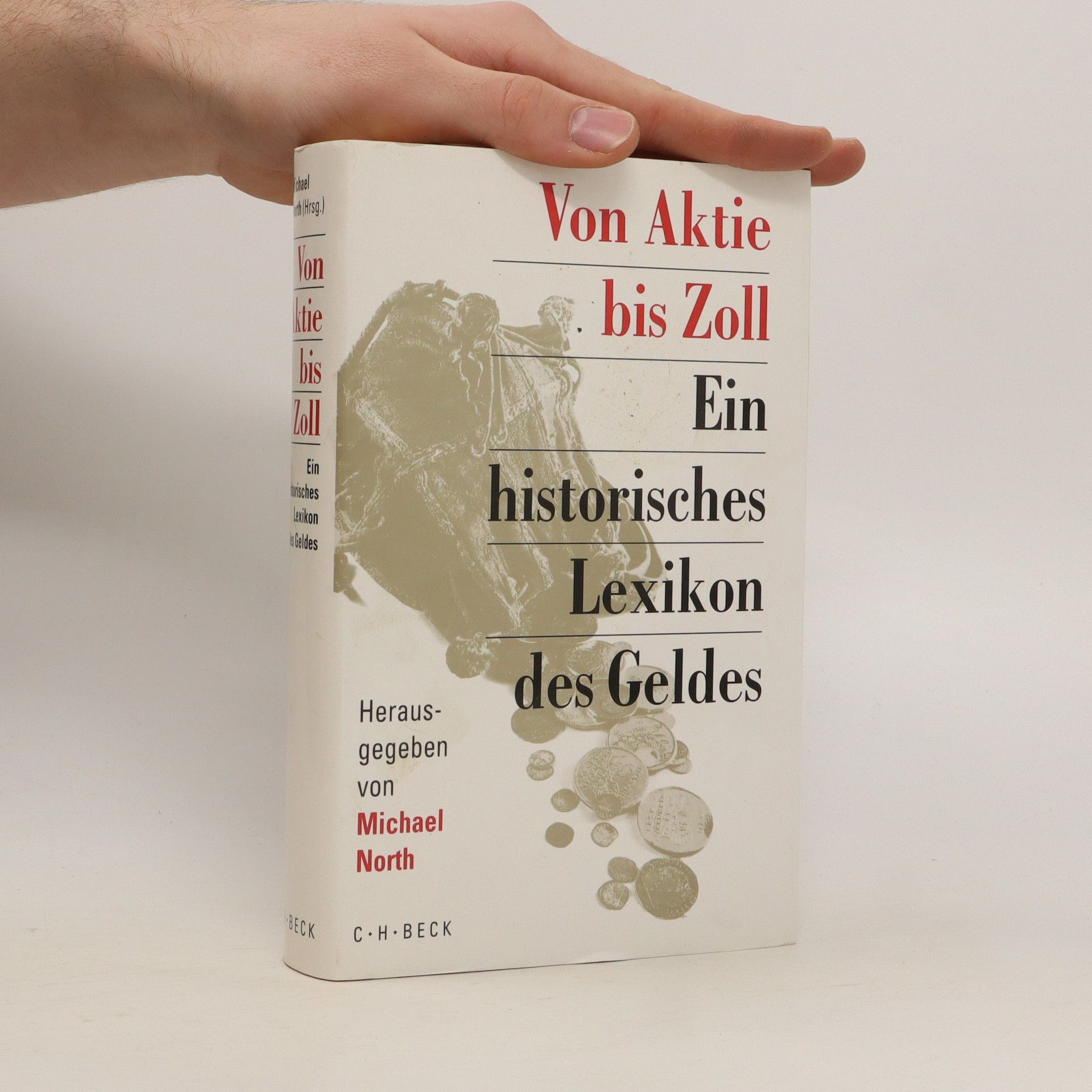Art and science share a common drive for the new—new ideas, innovations, and perspectives. However, this quest raises a philosophical dilemma: if everything originates from something, can anything truly be new? Michael North explores this intricate issue over two millennia, tracing thoughts from pre-Socratics to the art movements of the 1960s and '70s. He reveals that the debate's foundations were laid before Plato and have scarcely evolved since: novelty is seen as arising from either recurrence or recombination. Recurrence reflects nature's cycles, while recombination is evident in language, together accounting for most conceptions of novelty in Western history, including reformation, renaissance, invention, revolution, and evolution. North's exploration spans centuries and disciplines, incorporating diverse figures like Charles Darwin, Robert Smithson, Thomas Kuhn, Ezra Pound, Norbert Wiener, and Andy Warhol, each offering unique insights into the nature of newness. He argues that novelty remains a pressing issue in contemporary science and literature—an elusive concept that continues to challenge and inspire modern thought. This ambitious work is a rich intellectual exploration, offering profound insights and a masterful synthesis of ideas.
Michael North Livres
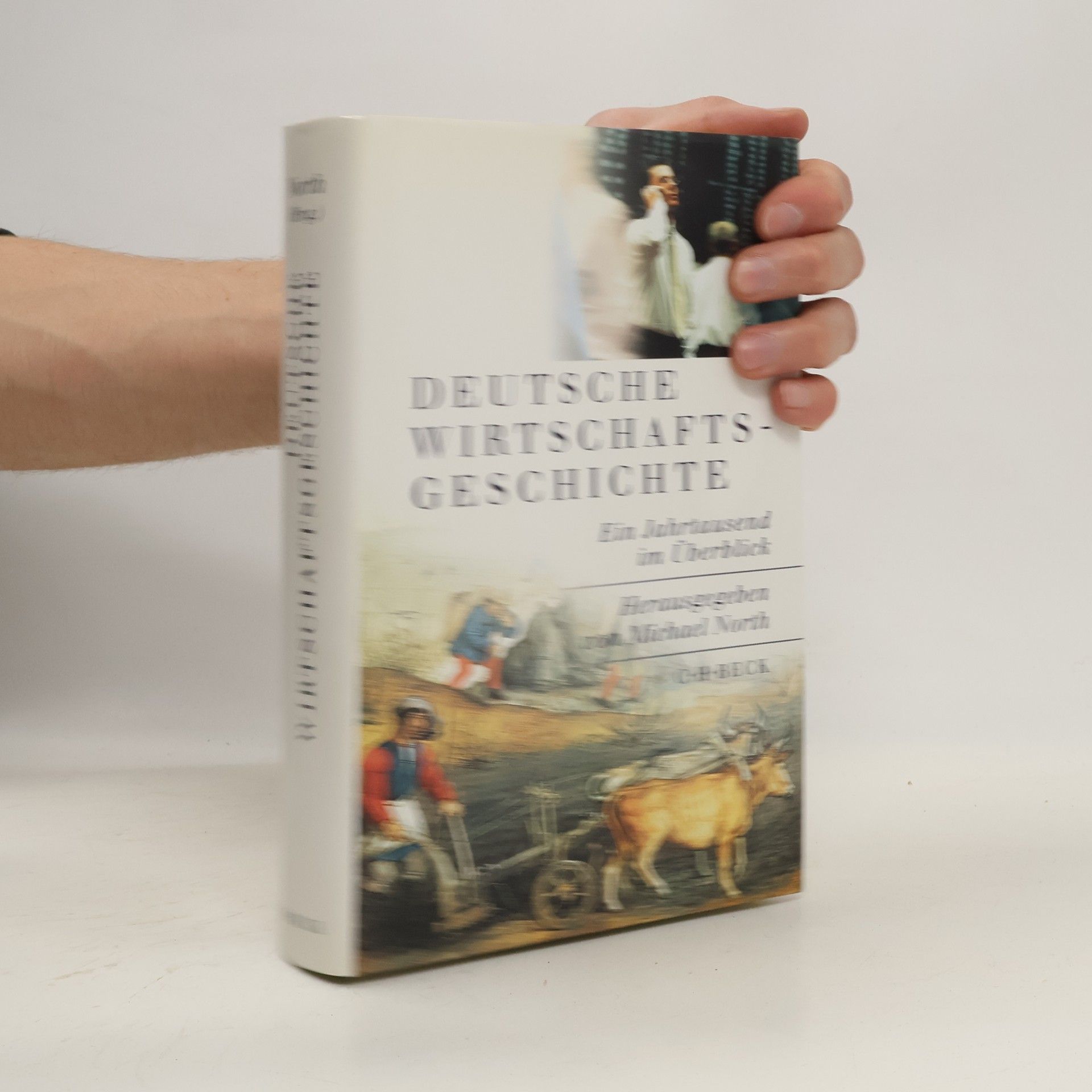

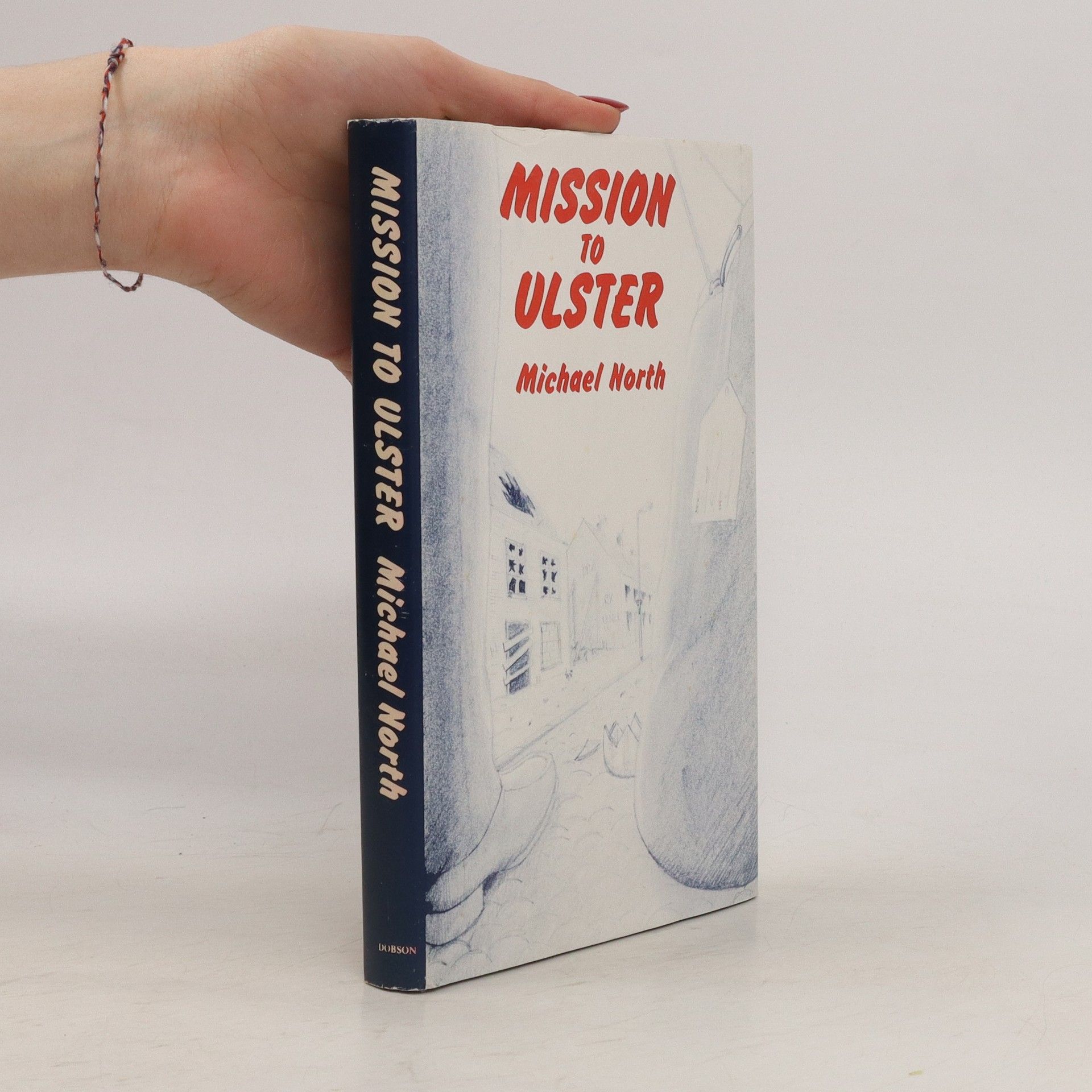
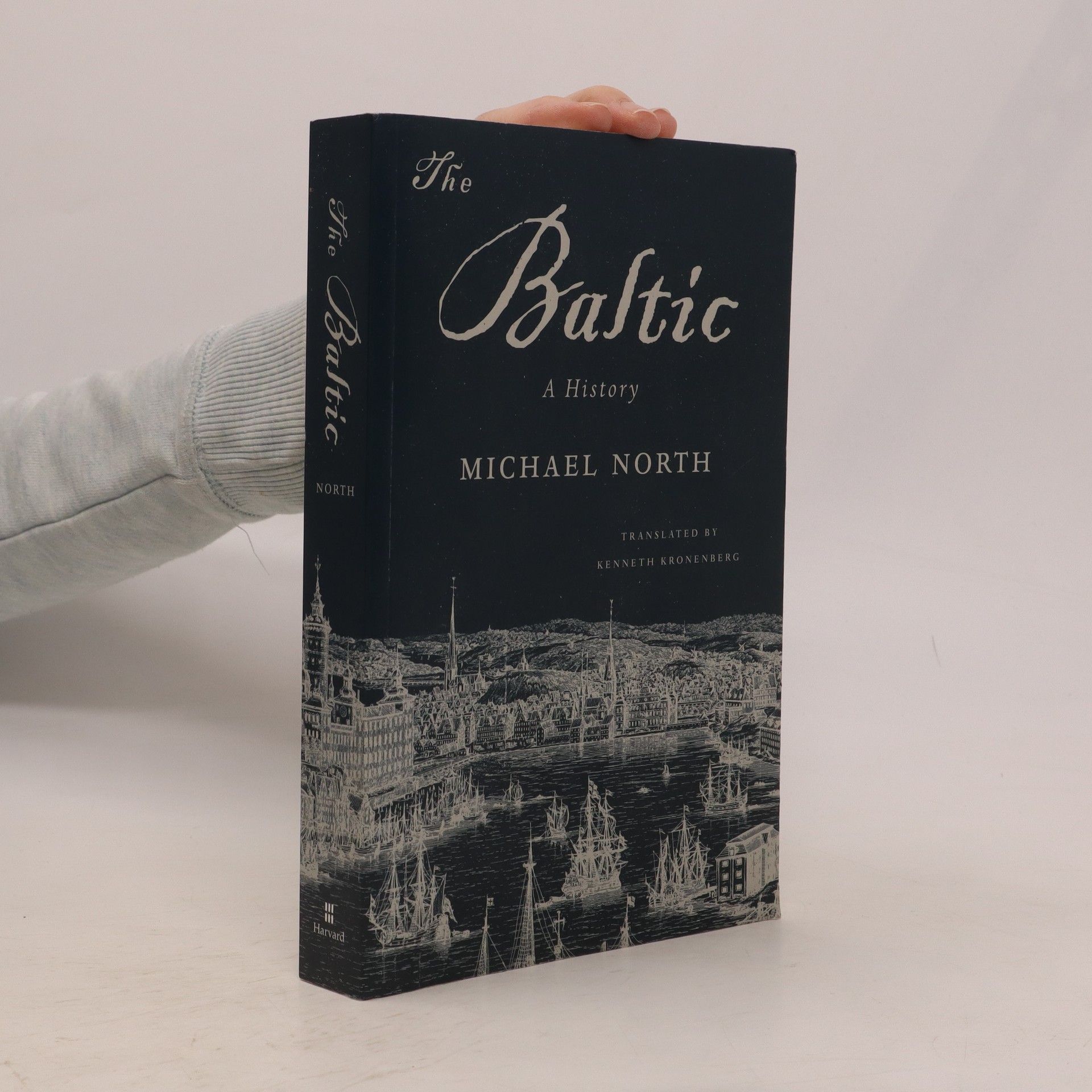

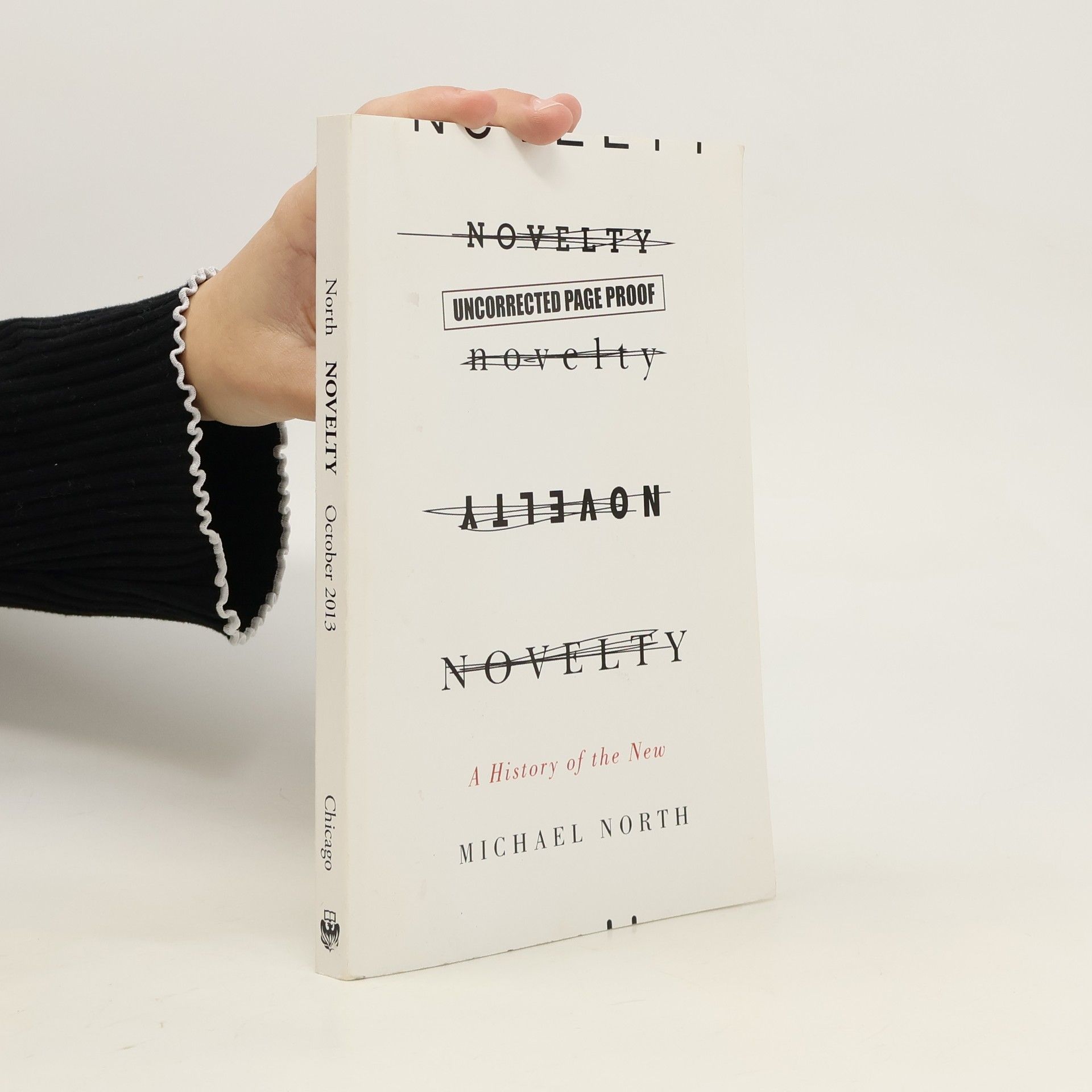
A World History of the Seas
- 240pages
- 9 heures de lecture
Offering an introduction to the world's seas as a platform for global exchange and connection, Michael North offers an impressive world history of the seas over more than 3,000 years. Exploring the challenges and dangers of the oceans that humans have struggled with for centuries, he also shows the possibilities and opportunities they have provided from antiquity to the modern day. Written to demonstrate the global connectivity of the seas, but also to highlight regional maritime power during different eras, From Harbour to Horizon takes sailors, merchants and migrants as the protagonists of these histories and explores how their experiences and perceptions of the seas were consolidated through trade and cultural exchange. Bringing together the various maritime historiographies of the world and underlining their unity, this book shows how the ocean has been a vital and natural space of globalization. Carrying goods, creating alliances, linking continents and conveying culture, the history of the ocean played a central role in creating our modern globalized world.
Mission to Ulster
- 192pages
- 7 heures de lecture
Das Handbuch der Geschichte Europas (HGE) bietet eine umfassende Darstellung der historischen Grundlagen des modernen Europas. Es behandelt jedes Land sowie Europa als kulturelle Einheit und ist von anerkannten Historikern verfasst. Das Werk besteht aus 10 Bänden, die chronologisch gegliedert sind und verschiedene Aspekte der europäischen Geschichte beleuchten.
Norths Wirtschaftsgeschichte bietet auf verhältnismäßig knappem Raum einen profunden Überblick über die letzten tausend Jahre wirtschaftlicher Entwicklung in Deutschland. Das Buch wurde völlig überarbeitet und auf den neuesten Stand gebracht. Der Überblick beginnt mit der mittelalterlichen Feudalgesellschaft mit ihrer überwiegend auf Subsistenz ausgerichteten Landwirtschaft und zeigt den langwierigen Übergang zur Marktgesellschaft und den daraus sich entwickelnden Produktions- und Verteilungsformen. Die Industrialisierung und die Befreiung von den feudalen Abgaben im 19. Jahrhundert führt dann bis zum Beginn des 21. Jahrhunderts mit den grundsätzlichen Umbrüchen des politischen, sozialen und wirtschaftlichen Systems.
Geschichte der Niederlande
- 129pages
- 5 heures de lecture
Dieses Buch bietet erstmals einen kurzgefassten Uberblick uber die vielfaltige Geschichte der Niederlande von der burgundischen Zeit im 15.Jahrhundert bis zur Gegenwart. Im Mittelpunkt der Darstellung stehen Politik, Wirtschaft, Gesellschaft und Kultur und dabei vor allem solche Phanomene, die die Einzigartigkeit der Niederlande in der europaischen Geschichte die republikanisch-demokratische Tradition, die soziale Sicherheit, die religiose Toleranz und die einmalige Entfaltung flamischer und hollandischer Malerei."
Die Niederländische Republik war in vielerlei Hinsicht einzigartig im Europa der Frühen Neuzeit. Die hohe Urbanisierung, die geringe Zahl an Analphabeten und die religiöse Toleranz waren nur einige der vielen Besonderheiten. Hierzu gehörten auch der ungewöhnlich große Kunstbesitz und die immense Produktivität der Maler, die dieser Epoche den Namen „Goldenes Zeitalter“ gab. Niederländische See- und Kaufleute verbanden, ausgehend von Nord- und Ostsee, die Weltmeere und vermittelten die Güter der entlegensten Regionen. So schildert das Buch die niederländische Präsenz in der Welt, die Interaktion mit den einheimischen Gesellschaften sowie die davon ausgehenden künstlerischen Wechselwirkungen vor Ort einschließlich ihrer Rückwirkungen auf Europa. Die Leser*innen folgen auf diese Weise der Kupferstecherin Maria Sibylla Merian auf der Reise nach Surinam, erleben die Förderung niederländischer Künstler und Gelehrter durch Christina von Schweden, werden Zeugen einer wahrhaften „Hollandomanie“ in Japan und erfahren außerdem, wie Rembrandt die Kunst am indischen Mogulhof imitierte.
Das Geld und seine Geschichte
- 272pages
- 10 heures de lecture
Im Zeitalter von Globalisierung und Finanzkrise erscheint eine Besinnung auf die Grundlagen unseres Geldes geboten. Diese Kleine Geschichte des Geldes hilft zu verstehen, daß Kapitalströme noch nie auf den nationalen Rahmen beschränkt waren, sondern in einem weit verzweigten, nicht erst heute globalen Austausch standen. Im historischen Vergleich wird der Eurobesitzer zu schätzen wissen, daß er gegenwärtig in Europa eine unvergleichlich lange Zeit der Geldwertstabilität genießt.
